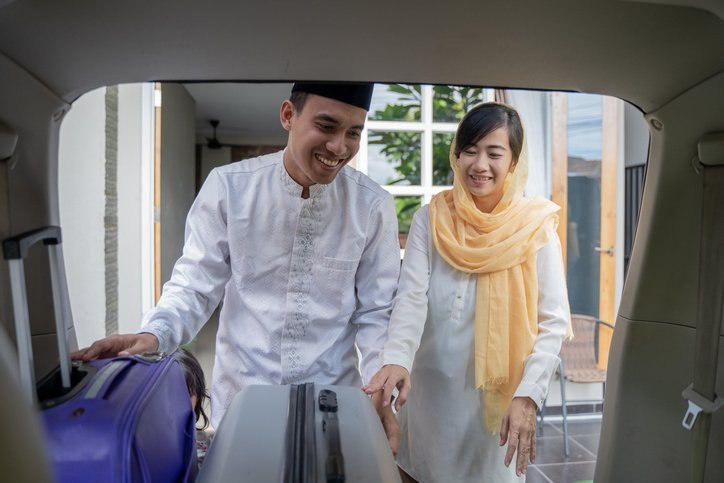
Ramadan 2023: Part 3 – Mudik insights on popular travel dates, transport modes, booking trends
In Part 2 of our three-part Ramadan 2023 in Indonesia article series, we explored how different generations of Muslim consumers are planning to apportion their Tunjangan Hari Raya (THR) allowances for shopping, saving, donations, investments, mudik and other travels – as well as the specific products consumers are planning to buy with their THR allowances this year.
But what proportion of consumers are planning to perform mudik – travelling back to their hometowns to celebrate Idul Fitri / Lebaran with their families – and which dates are most popular?
Additionally, what are the regional differences in choice of transportation modes for mudik and how do various methods of transport booking compare in popularity? Let’s unpack these questions in Part 3 of our three-part Ramadan 2023 in Indonesia article series.
What proportion of consumers plan to perform mudik – and which dates are most popular?
Latest research from YouGov Surveys show that, more than two in five consumers who observe Ramadan plan to travel back to their hometowns this year (45%). A third do not plan to (33%), while just over a fifth were undecided at the time of polling (22%).
More than two in five (45%) say they typically perform mudik 2-6 days before Eid al-Fitr / Idul Fitri, making it by far the most popular period for mudik travel.
The next most popular dates are at the time of Eid (14%), 2-6 days after Eid (13%) and 7-13 days before Eid (12%).
Which transport modes are most favored for mudik across different regions?
When Ramadan-observing consumers are asked how they typically travel home, private transport modes emerge as the most popular. Two in five typically travel home by private car (40%) and over a third by private motorcycle (35%).
Among public transport modes, travelling by bus (24%) and train (19%) are most popular, ahead of minibus /minicoach (11%), plane (11%) and ship (6%).
Among Java residents, private car (41%) is most popular followed by private motorcycle (36%), then public bus (25%) and train (23%).
Notably, compared to other regions, private car and train are significantly more popular, while travelling for mudik by plane and ship are much less popular.
Among Kalimantan residents, private motorcycle (42%) is most popular followed by private car (31%), then public bus (18%) and plane (17%).
When compared to other regions, travelling by plane is relatively more popular, while using the train is vastly less popular.
Among Sumatra residents, private car (38%) is the most popular followed by private motorcycle (27%), public bus (22%) and train (13%).
Notably, compared to other regions, mudik travel by private motorcycle and train are significantly less popular.
What transport booking methods for mudik are most preferred this Ramadan?
Almost three in five consumers (57%) purchase their mudik transport tickets over the web from online travel companies this year – the most popular booking method.
Over two-fifths (42%) buy their tickets directly at stations / terminals – the next most popular booking method – ahead of offline travel agents (27%) and websites of transport providers (19%).
Among consumers who purchased their mudik transport tickets from online travel companies this year, Jakarta-based Traveloka (42%) and Tiket.com (35%) emerged as the most popular providers.
The two most popular foreign-origin providers are Amsterdam-based Booking.com (11%) and Singapore-based Agoda (9%), which are third and fifth most popular overall this Ramadan.
This is part 3 of our three-part Ramadan 2023 in Indonesia series. Read the companion articles in the series via the links below.
Ramadan 2023: Part 1 – Consumer spending trends across online & offline channels
Ramadan 2023: Part 2 – THR purchase categories & shopping trends
Get a summary of the key takeaways from our Ramadan series by downloading our infographic here.
Methodology: YouGov Surveys: Serviced provides quick survey results from nationally representative or targeted audiences in multiple markets. This study was conducted online on 2-6 March 2023, with a sample of 2,067 adults in Indonesia (aged 18+ years), using a questionnaire designed by YouGov. Data figures have been weighted by gender, age, socioeconomic class, city tier to be representative of the adult Indonesian online population (18 years or older) and reflect the latest Indonesian Bureau of Statistics (BPS) population estimates. Learn more about YouGov Surveys: Serviced.